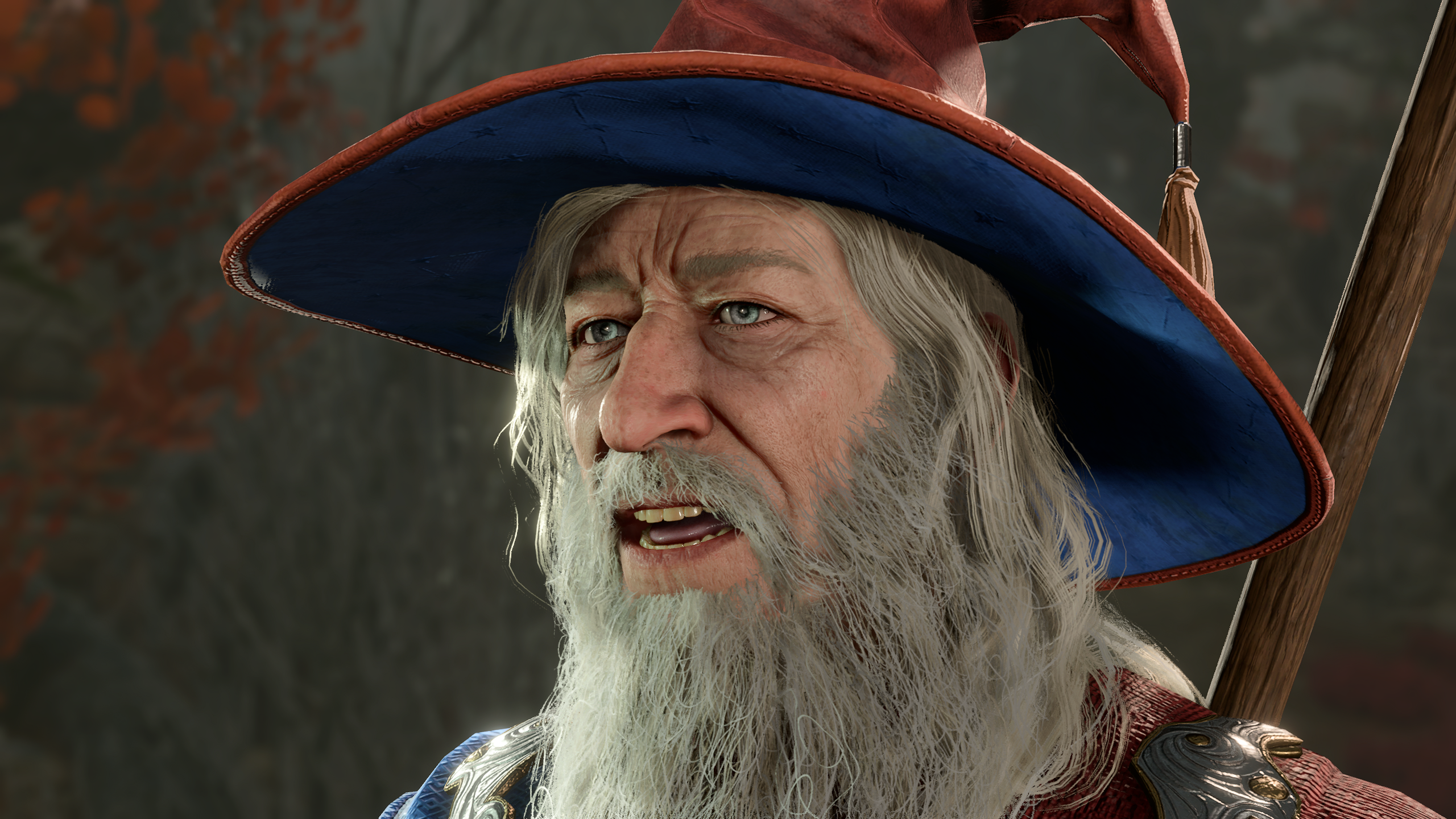Larian says it started 'pushing around ideas for Baldur's Gate 4' but 'we didn't have the fire'
"It feels like it should have been a harder decision than it was, but it wasn't."

In case you missed it, Baldur's Gate 3 is one of the all-timers. Not just a brilliant RPG, and a near-perfect return to a gaming touchstone, but a game that over-delivered while knowing exactly when to call it a day. Developer Larian was almost built to make this but, after a hugely successful launch followed by a bow-tying epilogue, it knew where to draw the line: CEO Swen Vincke announced at GDC earlier this year that it was done with Baldur's Gate. No DLC, no sequel, just a dream project perfectly executed.
So it's up to Wizards of the Coast, or Hasbro if you prefer, to work out what the future looks like for Baldur's Gate. But that doesn't mean Larian never thought about it, and in a new interview Baldur's Gate 3 narrative director Adam Smith told GamesRadar+ about how the studio was "pushing around ideas for Baldur's Gate 4" but "we didn't have the fire."
Smith was speaking at Digital Dragons, an event in Poland, when he addressed the studio's decision to move on from Baldur's Gate 3. The way that Sven Vincke talks about it, the reaction was one of collective relief, and what Smith says has a similar vibe.
"For us, we didn't have anything unfinished that we wanted to say, we wanted to move on to other worlds," said Smith. "And we tried, we did start pushing around ideas for Baldur's Gate 4, and they didn't excite us, we didn't have the fire. It feels like it should have been a harder decision than it was, but it wasn't."
The key factor? Larian is independent. Baldur's Gate 3 was an enormous commercial success, to the extent that in another context a sequel would've been an inevitability. But Larian didn't need to do Baldur's Gate 4 to keep the lights on.
"We came to the realization," continues Smith, "'do we have that fire?' And we didn't, so it was obvious: we don't do it. And it's great to work in a place where that's true, and you're not told 'yeah but it'll earn us this much money so therefore we're going to do it'. That was never a question."
Smith also says that, basically, Baldur's Gate 4 could never have been a passion project in the way that Baldur's Gate 3 was.
The biggest gaming news, reviews and hardware deals
Keep up to date with the most important stories and the best deals, as picked by the PC Gamer team.
"One of the reasons we made it was because it would be a game that we could say 'this is a story that we really care about, it's a setting that we really care about, it's characters that we really care about'... and we actually think we have something to say with them. And so I think we said it all. And we shouldn't say there's nothing else to say, but I don't think we want to say it."
Finally, the narrative director talked about DLC for the game. Baldur's Gate 3 was first released in early access in 2020, after being in development since 2017, so any DLC would have seen Larian entering its seventh year (at least) of working on the project. Long story short: they'd done everything they wanted to.
"The DLC, again we discussed it, but it would have been very different," Smith reveals. "If it's just an excuse to play the greatest hits again, and show these characters again… I know some people want further endings for them, but for us it was like 'no, we told the stories we wanted to tell'. That doesn't mean it shouldn't live in the imagination but, for us, we did what we wanted to do. So we'd be forcing ourselves."
Larian's next project is yet to be revealed, though at some point you'd expect the studio to return to its own Divinity: Original Sin series. The take-home really is simple. Baldur's Gate 3 may well be the best RPG ever made, but that's not because it's a D&D game. It's because Larian may well be the best dedicated RPG studio out there and, whatever material it's working with, you know it's going to be special.

Rich is a games journalist with 15 years' experience, beginning his career on Edge magazine before working for a wide range of outlets, including Ars Technica, Eurogamer, GamesRadar+, Gamespot, the Guardian, IGN, the New Statesman, Polygon, and Vice. He was the editor of Kotaku UK, the UK arm of Kotaku, for three years before joining PC Gamer. He is the author of a Brief History of Video Games, a full history of the medium, which the Midwest Book Review described as "[a] must-read for serious minded game historians and curious video game connoisseurs alike."

